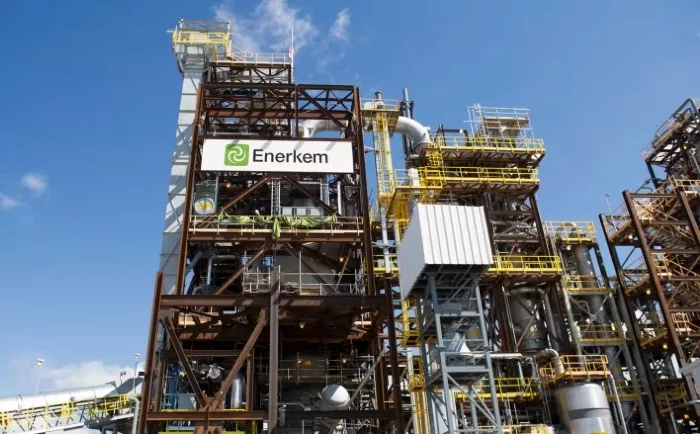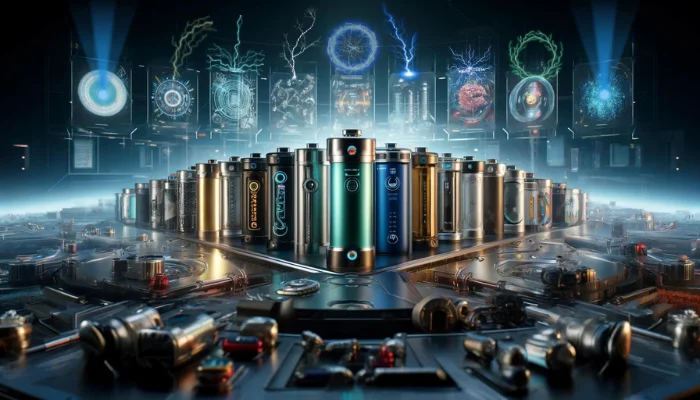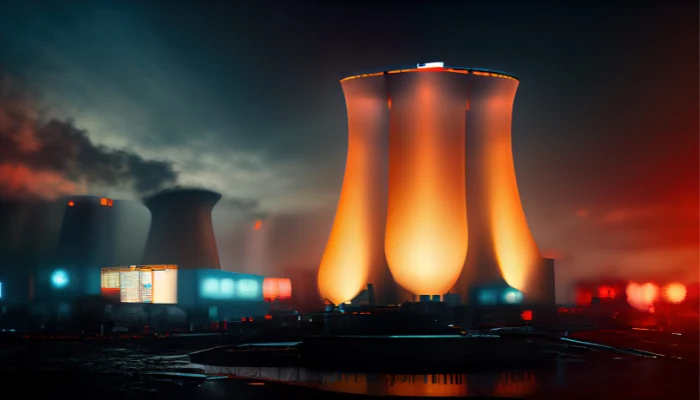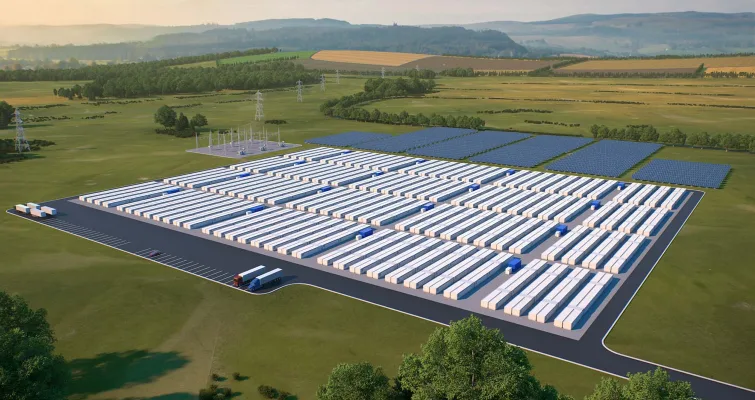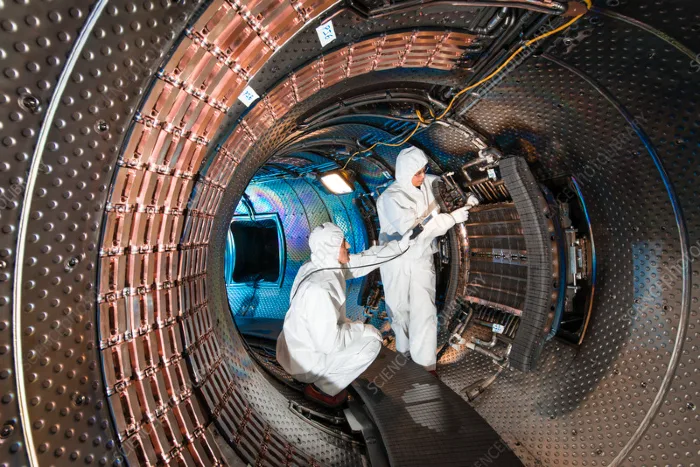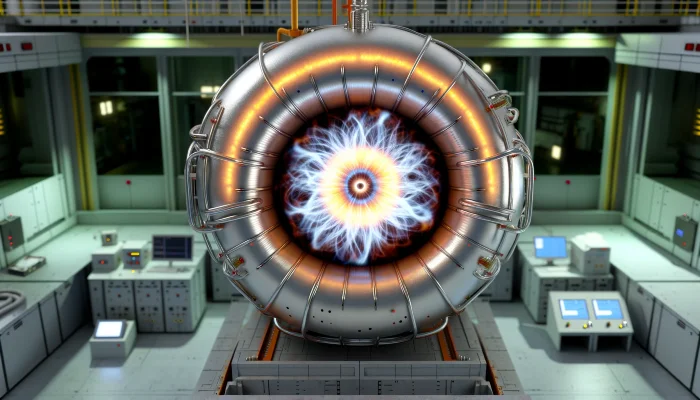In a pioneering venture that sought to revolutionize waste management and fuel production, Edmonton’s journey with an innovative waste-to-ethanol biofuels plant has come to an unexpected halt, 11 years ahead of its intended schedule. This ambitious project was a collaboration between the City of Edmonton and Enerkem Alberta Biofuels, aiming to convert the city’s non-recyclable waste into ethanol, a sustainable biofuel.
Launched with high hopes in 2010 through a 25-year partnership, the facility promised to transform Edmonton’s waste management landscape. The city provided the raw material—garbage that was neither recyclable nor compostable—while Enerkem brought its cutting-edge technology to the table, planning to turn this waste into valuable biofuels.
Despite the initial excitement, the reality fell short of expectations. Over the years, the plant produced a total of five million liters of biofuels, a figure significantly lower than the projected 36 million liters annually. Michel Chornet, Enerkem’s executive vice president of technology and commercialization, reflected on the closure with mixed feelings. “We felt we had reached our main objectives, which was to demonstrate this technology at commercial scale,” he remarked, acknowledging the end of an era for the facility once celebrated as a global pioneer in industrial-scale biofuels production from municipal solid waste.

The closure of this $80-million facility not only marks the end of a unique venture but also signals the conclusion of the city’s agreement with Enerkem. Denis Jubinville, the City of Edmonton’s branch manager of waste services, emphasized the project’s innovative nature and its contribution to learning valuable lessons for future waste diversion strategies, despite not fully achieving its waste diversion goals.
While the plant’s operational challenges and technical hurdles dampened its success, its legacy isn’t viewed as entirely negative. The city remains committed to exploring new waste-to-energy partnerships, continuing its quest for sustainable waste management solutions. Jubinville assures that the plant’s closure won’t significantly impact Edmonton’s daily waste management operations, highlighting the city’s ongoing efforts in producing refuse-derived fuel (RDF) as part of its commitment to sustainability.
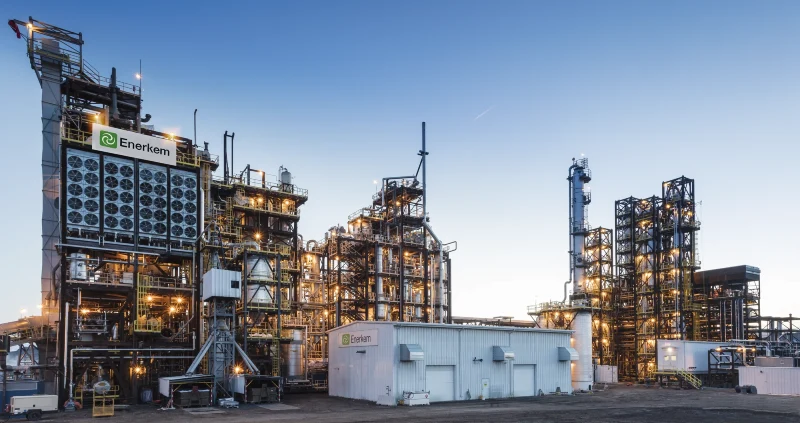
The story of the waste-to-ethanol plant is a testament to the complex challenges faced in the pursuit of innovation in waste management and renewable energy. It underscores the necessity of resilience and adaptability in environmental initiatives, where not every experiment leads to success, but every effort contributes to learning and progress.
More To Discover
- Vanished Giant Returns: California’s Lost Lake Reemerges After 130 Years
- U.S. Launches First Car-Ready E-Fuel With 1 Billion Liters in Production
- Pioneering Anti-Aging Pill for Dogs Begins Trials, with 11-Year-Old Whippet Boo Leading the Pack
- Atlantic Circulation At High Risk: Possible Collapse of Atlantic Currents Could Unleash Havoc on Europe
Former city councilman Ben Henderson expressed his disappointment yet remained optimistic about the city’s willingness to embrace new technologies for tackling waste management challenges. “I would hate to see us stopping to try new things and to try new solutions,” he stated, emphasizing the importance of innovation in addressing significant environmental issues.
Enerkem’s journey in Edmonton may have reached its conclusion, but the company continues to forge ahead, driven by its mission to commercialize its gasification technology globally. With a focus on transforming non-recyclable waste into biofuels and circular chemicals, Enerkem aims to make strides in sectors like sustainable aviation and marine fuels, reflecting a broader commitment to sustainability and carbon emissions reduction—a mission that, despite setbacks, remains critically important for the future of our planet.







